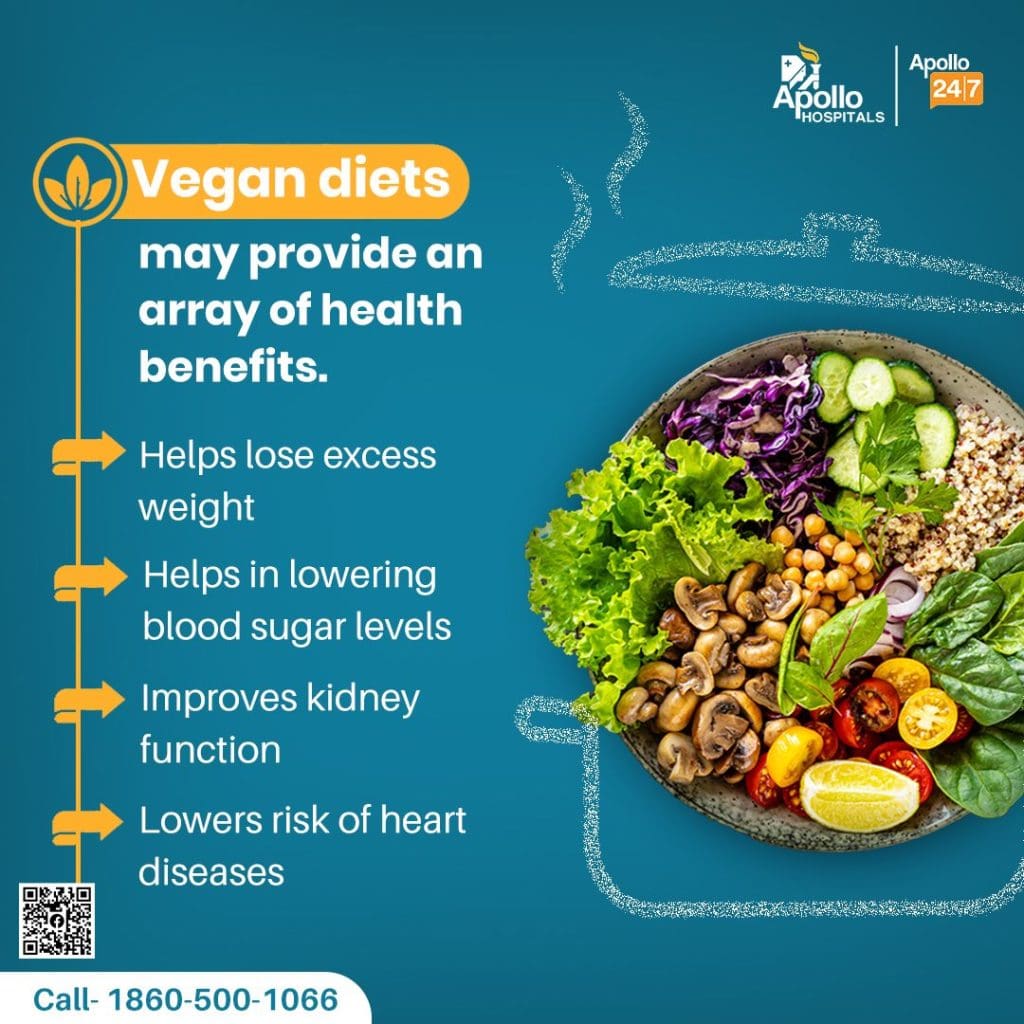As plant-based eating becomes more mainstream, the food industry is experiencing a revolutionary shift towards more sustainable and ethical choices. From vegan options popping up on menus to plant-based alternatives flooding the market, the demand for vegan food is on the rise. In this post, we will explore how plant-based eating is changing the food industry, from health benefits to environmental impact, and the future trends shaping the vegan food revolution.
The Rise of Plant-Based Cuisine
More and more restaurants are adding vegan options to their menus to cater to the growing demand for plant-based foods.
Plant-based cooking shows and blogs are becoming increasingly popular, showcasing the creativity and diversity of vegan cuisine.

Health Benefits of Vegan Food
Studies have shown that a plant-based diet can lower the risk of chronic diseases such as heart disease, diabetes, and certain types of cancer. Vegan food is rich in nutrients, fiber, and antioxidants, promoting overall health and well-being.

Impact on Environment and Sustainability
Choosing plant-based foods helps reduce greenhouse gas emissions, water usage, and land degradation compared to animal agriculture.
Vegan alternatives support sustainable farming practices and biodiversity conservation.
Plant-Based Alternatives in the Market
The market is flooded with plant-based meat, dairy, and egg alternatives that mimic the taste and texture of animal products. From vegan cheese to plant-based burgers, there are more options than ever for those looking to make a switch to plant-based eating.
- Plant-Based Meat: Brands like Beyond Meat and Impossible Foods have revolutionized the plant-based meat market with products that closely resemble traditional meat in taste and texture.
- Plant-Based Dairy: Alternatives to dairy products such as milk, cheese, and yogurt made from plants like almonds, soy, and oats are widely available in stores and cafes.
- Plant-Based Eggs: Vegan egg substitutes made from ingredients like tofu, chickpea flour, and aquafaba offer a cruelty-free alternative to traditional eggs in baking and cooking.
Celebrity Endorsements and Influence
Celebrities and influencers are using their platform to promote veganism and the benefits of plant-based eating to their followers.
Endorsements from high-profile individuals help raise awareness and normalize plant-based diets in mainstream culture.

Challenges and Misconceptions
Despite the increasing popularity of plant-based eating, there are still some challenges and misconceptions surrounding vegan food.
- Lack of awareness about plant-based options
- Limited availability in certain regions
- Misconceptions about the taste of vegan food
Educating consumers about the benefits of veganism and addressing these misconceptions can help overcome these challenges in the long run.
Ethical Considerations in Plant-Based Eating
Choosing a plant-based diet aligns with ethical beliefs around animal welfare, cruelty-free living, and sustainability. Many vegans choose their diet based on the moral implications of consuming animal products, leading to a shift in values within the food industry.
Future Trends in the Vegan Food Industry
The vegan food market is expected to continue its rapid growth in the coming years. As consumer awareness about health, sustainability, and ethical considerations increases, the demand for plant-based options is also on the rise.
















































